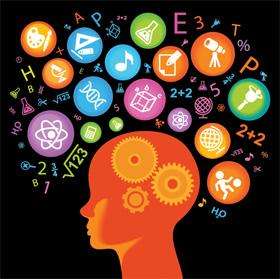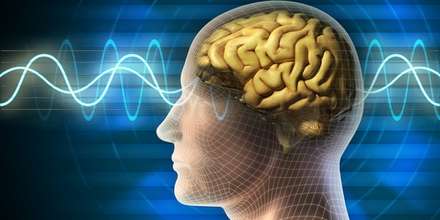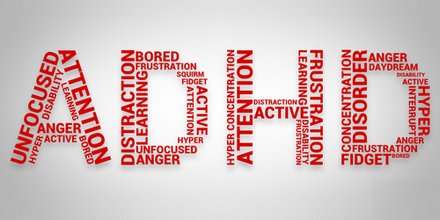Attention Deficit Hyperactivity Disorder (ADHD) has been likened to “having a race car brain with bicycle brakes.”
 Those suffering from ADHD find it difficult to stay focused. Being hyperactive and impulsive, they often have problems at home, school, or work.
Those suffering from ADHD find it difficult to stay focused. Being hyperactive and impulsive, they often have problems at home, school, or work.
Medications alleviating ADHD have definitely helped to turn around the lives of millions of children and grown-ups.
However, there are also serious concerns about the negative side effects of these drugs.
Meditation instead of medication!
Luckily, non-medical treatment options for ADHD are emerging.

In the last decade, several studies have been published on the possible use of Transcendental Meditation (TM) practice for reducing the symptoms of ADHD.
In one of the studies, 11- to 14-year-old students practiced Transcendental Meditation twice a day at school.
Commonly used ADHD inventories and performance measures were used before the start of TM practice and 3 months into it. After 3 months of TM meditation practice, children with hyperactivity had:
- less stress,
- less anxiety,
- improvements in ADHD symptoms,
- improvements in executive function: less impulsivity, better social inhibition, improved working memory, temporal organization, and focus of attention. [1]
The principal idea for this study stemmed from previous research on TM.
Key research on brain functioning and ADHD
TM meditation practice had earlier been proven to reduce stress and anxiety (which greatly aggravates the symptoms of ADHD), and to improve brain functioning.

Since TM does not require concentration or willful control of the mind – a task often difficult for those suffering from hyperactivity disorder – all students in the study were easily able to learn and practice the technique.
A follow-up study published in 2011 looked at the effect of TM meditation on task performance and brain functioning for 11- to 14-year-old students diagnosed with ADHD.
In this case, 3 months of meditation practice resulted in
- improvements in brain function measures associated with hyperactivity symptoms,
- improvements in five ADHD-symptoms (as assessed by the students’ parents):
- ability to focus on schoolwork,
- organizational abilities,
- ability to work independently,
- happiness,
- quality of sleep.
The control group did not exhibit any of these results. However, after the control group was also taught TM technique, the same results were achieved. Again, in this study all students with ADHD were able to learn and meditate without problems. [2]
While further studies need to be conducted, it is clear that TM does provide hope for coping with ADHD without resorting to drugs.
WATHC VIDEO: Students with ADHD speak about the benefits of TM practice:


















